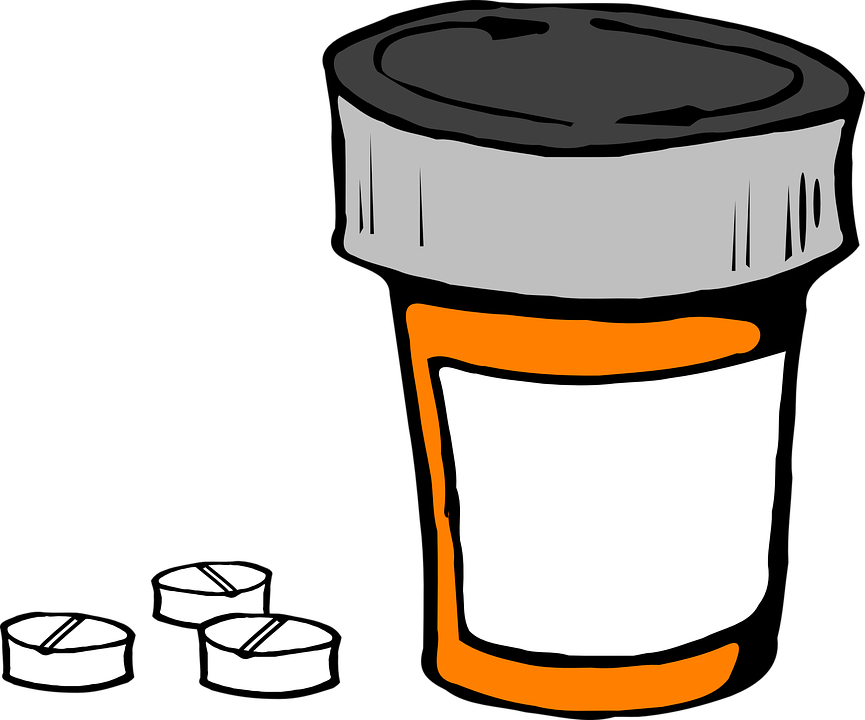The Secret to Combating the Opioid Crisis
There is a way to combat the opioid epidemic. Researchers in Minneapolis, Minnesota, have begun to solve their own opioid crisis simply by treating the epidemic as a disease, not an addiction, and have seen a significant decline between 2017 and 2018, according to Buzzfeed News.
Connecticut is on the verge of trying to reduce or detain the opioid crisis in the state, and they could take a page from Minneapolis’ approach.
There have been a number of attempts made to stop the opioid epidemic in Connecticut, according to the Center of Disease Control and Prevention (CDC). However, the attempts have come up short as the rates of opioid-related deaths continue to rise.
There were about 2,000 drug overdose deaths in Connecticut between 2012 and 2015. The 723 deaths last year were more than twice the number three years ago, as reported by Trend CT.
According to the CDC, opioids were responsible for 47,600 deaths in 2017, and overdoses related to opioids were six times higher in 2017 than in 1999 in the U.S. The increase in deaths credited to heroin and common forms of prescription opioids increased between 2014 and 2018. In Connecticut, the death rates from opioid overdoses rose from 10,000 to 30,000.
According to the National Institute of Drug Abuse (NIDA), Connecticut is among the top ten states for the highest opioid overdoses. In addition, “there has been a steady increase in total overdose deaths among residents from 357 deaths in 2012 to 1,038 deaths in 2017.”
The best way to reduce the opioid epidemic in Minneapolis was to simply give the people the help they needed without punishing them for their disease.
Research has shown that more than 90 percent of those who go through detoxification and attempt abstinence will relapse within six months, as concluded by Yale School of Medicine.
Yale experts recommend therapy to be able to combat the crisis due to the fact that “opioids rewire the brain, causing intense cravings often impossible to resist,”
Professionals at Yale explained that communities and masses of people tend to see “addiction as signs of a person failing,”
There are too many factors contributing to the rise of opioid overdose related deaths, particularly societal related reactions. The idea of putting one’s disorder, mostly considered as an addition, out to the public is frightening to those of suffer of it. This allows others to treat this epidemic as an addiction and, in turn, make the victims of the disease feel as though they should not seek the treatment they need.
The more people who are addicted and punished, the less likely they are to seek help. But once there is help and support, there will be a more positive outcome in the long run.

Amanda is a senior majoring in communication with a concentration in journalism, and a double minor in political science and English. She has been involved...








